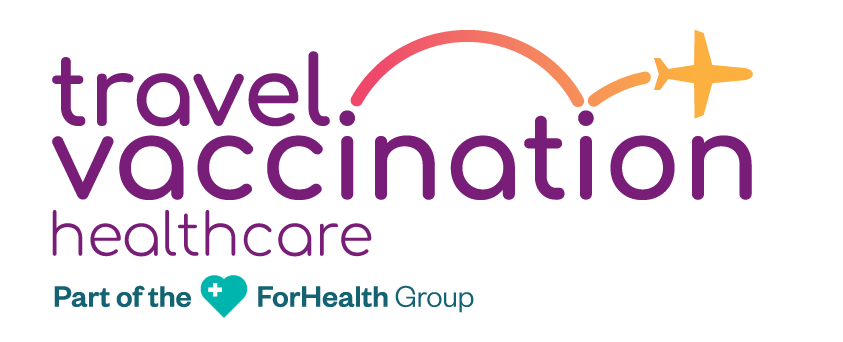What is Cholera?
It is a bacterial infection that causes painless but profuse watery diarrhoea which rapidly leads to dehydration. Vomiting and leg cramps may also occur. The symptoms are usually mild. But profuse diarrhoea can lead to death if not treated promptly.
The Cholera bacteria are usually spread by water or food contaminated with infected faeces. Cholera can also occur in explosive outbreaks affecting many people eg. during disasters like flooding when sanitary conditions have broken down. Raw or uncooked seafood from polluted water can also cause such outbreaks.
The risk of an individual traveller contracting Cholera depends on many factors which should be discussed with your doctor. Cholera vaccination is a widely available means of protection and should be discussed when planning travel.
Cholera can be simply and successfully treated by immediate replacement of fluid and salt lost through diarrhoea. Patients can be treated with oral rehydration solution, such as Gastrolyte, part of the Gastro Kit available at Travel Vaccination Health Care. In some circumstances, antibiotics are also used.
